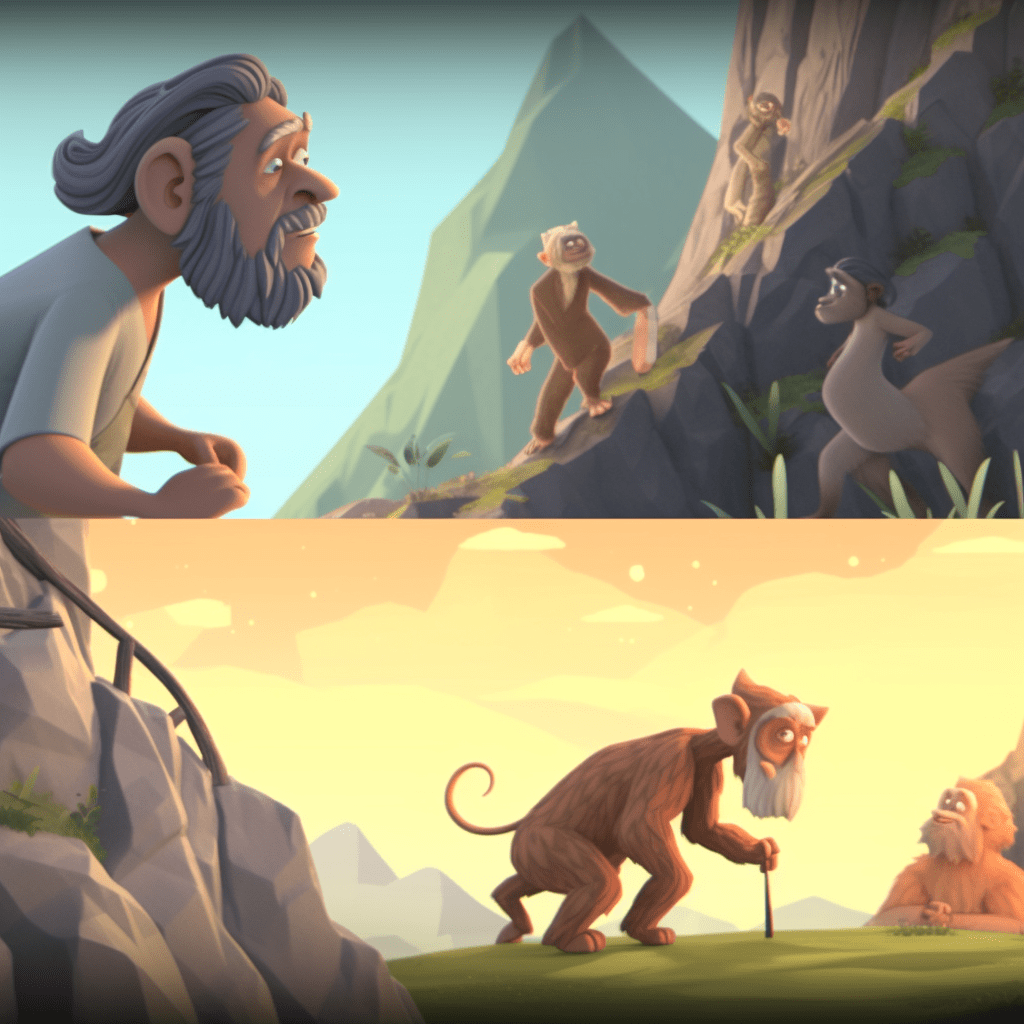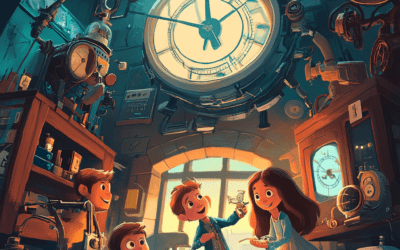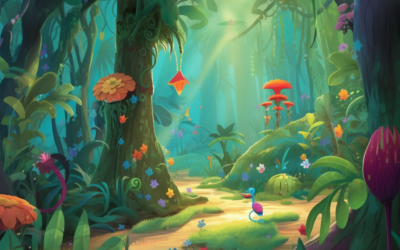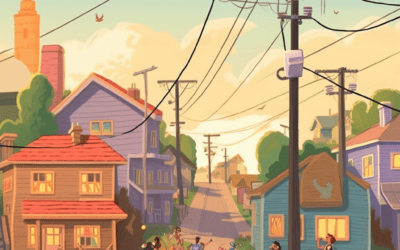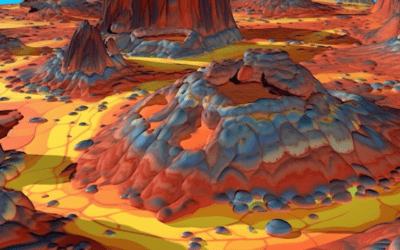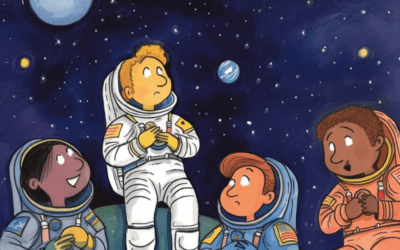Will Humans Continue to Evolve or Have We Stopped Evolving?
Introduction
The idea of human evolution has fascinated scientists, philosophers, and the general public for centuries. However, there is an ongoing debate about whether humans will continue to evolve or if our evolution has come to a standstill. In this article, we will explore this question and provide an evidence-based view on the subject.
Understanding Human Evolution
Human evolution is a gradual process that occurs over long periods of time, involving genetic changes that are passed down from generation to generation. These changes can be driven by various factors such as natural selection, genetic drift, and gene flow. Evolutionary adaptations typically arise in response to environmental pressures, enabling a species to better survive and reproduce in its specific surroundings.
Evolutionary Past
Throughout our evolutionary history, humans have undergone significant changes that have allowed us to thrive and adapt to diverse environments. Our ancestors evolved physical and cognitive traits that helped them acquire food, avoid predators, and navigate complex social relationships. Key milestones in human evolution include the development of bipedalism, the enlargement of brain size, and the emergence of complex language and culture.
The Modern Human
In recent history, particularly since the advent of civilization, the environmental pressures acting on humans have changed significantly. With advancements in technology and changes in our way of life, we have created an environment that shields us from many of the traditional selective pressures that shaped our evolution.
Genetic Drift and Migration
While natural selection continues to operate on our species, other evolutionary mechanisms such as genetic drift and gene flow have become more influential. Genetic drift refers to random changes in gene frequencies within a population, which can lead to the fixation of certain traits without necessarily conferring any survival advantage. Migration and interbreeding between different populations also facilitate the exchange of genetic material, contributing to genetic diversity.
Current Trends
Presently, there are observable changes in human traits that are occurring due to specific selective pressures. For instance, in regions where malaria is prevalent, certain genetic variants that provide resistance to the disease have become more common. Additionally, due to improved nutrition and healthcare, overall human health and lifespan have increased, impacting natural selection.
Future Evolution
It is challenging to predict the future trajectory of human evolution with certainty. However, studies suggest that as long as environmental pressures persist, humans will continue to evolve, albeit at a potentially slower pace compared to our ancestors. The ever-changing nature of our modern environment means that new selective pressures can arise, driving adaptations that promote survival and reproductive success.
Conclusion
While it is true that certain aspects of human evolution may have slowed down due to changes in our environment and the influence of cultural factors, humans have not stopped evolving. Genetic changes continue to occur, reflecting adaptations to new environmental challenges and selective pressures. Understanding the ongoing processes of evolution can provide valuable insights into our species’ future and the complexity of the natural world we inhabit.

